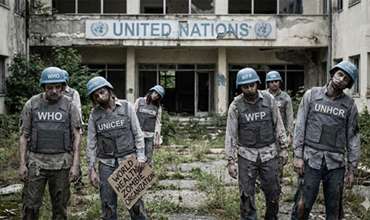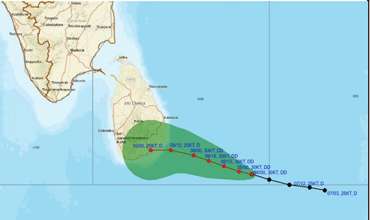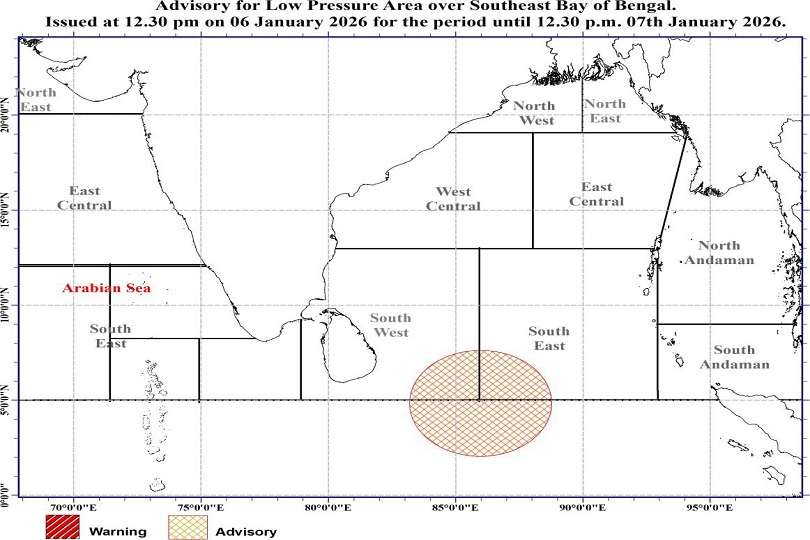Fitch downgrades Sri Lanka’s international rating
Fitch Ratings has downgraded Sri Lanka's Long-Term Foreign- and Local-Currency Issuer Default Ratings (IDR) to 'B-', from 'B', with the outlook being ‘Negative’.
The downgrade of Sri Lanka's IDRs reflects the shock to Sri Lanka's economy from the coronavirus pandemic which will exacerbate already-rising public and external debt sustainability challenges following tax cuts and an associated shift in fiscal policy late last year. The pandemic will especially hurt the tourism sector, which, combined with weaker domestic demand, will further damage Sri Lanka's public and external finance metrics, the rating agency said in a statement on Friday.
Sri Lanka's external financing challenges have increased in the current environment of global risk aversion and financial market volatility, with large upcoming external debt redemptions and limited foreign-currency (FX) reserves.
Its reserves are about US$7.2 billion, while the sovereign's external debt payments from May to December 2020 amount to $3.2 billion, including a $1.0 billion international sovereign bond payment due in October.
“The authorities are seeking to meet external funding needs in 2020 through multilateral and bilateral support, but securing these funds could be challenging due to the pandemic and its effect on global liquidity and financing conditions. Our projections assume the sovereign will not have access to international bond markets in 2020. Fitch understands that the government is in discussion with various parties, including regional central banks on the use of possible bilateral swap lines and the IMF on its Rapid Financing Instrument for COVID-19-related funding. However, even after such support, the country's FX (foreign) debt service obligations and financing challenges will remain substantial over the medium term. Official figures suggest roughly $3.8 billion of FX debt will come due over 2021-2023,” the statement said.
Fitch expects the budget deficit to widen to 9.3% of GDP in 2020, from an estimated 6.8% in 2019. This is weaker than the authorities' forecast of 7.5%, as Fitch expects significantly lower revenue due to the impact of the pandemic on economic activity and the spillover of tax cuts announced late last year. “We also anticipate that authorities may need to increase spending over time to support the economy, although they have yet to formalise any large scale measures beyond 0.2% of GDP for relief to vulnerable groups,” it said.
Fitch forecasts GDP to contract by 1.0% in 2020, from 2.3% growth in 2019, on account of the pandemic. Sri Lanka has so far recorded a relatively small number of coronavirus cases, and authorities have begun to loosen lockdown restrictions.
Nevertheless, private consumption, which makes up almost 70% of GDP, is likely to stay muted as a result of partial lockdowns, domestic travel restrictions, and other social distancing measures, it said.
Travel and tourism, which the World Bank says accounts for 12.5% of Sri Lanka's GDP, will be particularly hard-hit, with commercial flights into the country suspended. “We expect GDP growth of 4% in 2021 on the basis of a gradual recovery in tourism receipts beginning in late 2020. However, this forecast is subject to an unusually high degree of uncertainty and downside risk, depending on the evolution of the pandemic both within Sri Lanka and globally,” it said.
The potential for an economic recovery in 2021 hinges on an early return of tourism receipts and increasing domestic activity, which is highly uncertain and is dependent on the course of the pandemic. A second wave of infections that prompt further periodic lockdowns would result in weaker GDP for 2020 and 2021, Fitch added.
-
Still No Comments Posted.












Leave Comments